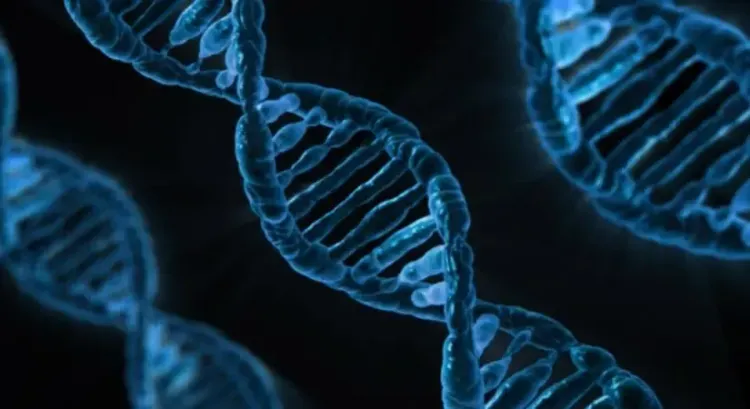DNA Sequencing Could Be a Major Target for Hackers, Study Warns

Synopsis
Key Takeaways
- Next-generation DNA sequencing (NGS) poses security risks.
- Hackers could exploit genomic data vulnerabilities.
- Essential to secure genomic data beyond encryption.
- New attack methods could threaten privacy and security.
- Collaboration and research needed for robust cyber-biosecurity.
New Delhi, April 17 (NationPress) Hackers may take advantage of vulnerabilities in genomic data through next-generation DNA sequencing (NGS) technology, according to a study released on Thursday that emphasizes the urgent need for enhanced security measures.
The advanced sequencing tool NGS plays a crucial role in creating personalized medicines, diagnosing cancer, tracking infectious diseases, and conducting genetic research.
Researchers from the University of Portsmouth in the UK expressed concern regarding the potential for this technology to be misused for data breaches, privacy infringements, and even potential biothreats orchestrated by hackers.
While essential for producing precise results, the processes involved also introduce numerous vulnerabilities. As a significant number of DNA datasets are publicly available online, the research highlights that cybercriminals could exploit this information for surveillance, manipulation, or harmful experimentation, as noted in the study published in the journal IEEE Access.
"Our research serves as an alarm. Safeguarding genomic data transcends mere encryption -- it necessitates anticipating threats that have yet to materialize. A fundamental shift in our approach to securing the future of precision medicine is imperative," stated Dr. Nasreen Anjum from the University of Portsmouth's School of Computing.
The research group pinpointed novel and emerging tactics that malicious actors could employ to compromise or attack systems, including synthetic DNA-encoded malware, AI-enhanced manipulation of genomic data, and identity tracing through re-identification techniques.
These risks extend beyond typical data breaches, threatening individual privacy, scientific integrity, and national security.
"Despite its significance, cyber-biosecurity remains one of the most overlooked and poorly comprehended research areas, creating a critical gap in global biosecurity. To ensure our DNA information remains secure and is utilized for beneficial purposes, we are calling for increased research and collaboration to enhance the safety of this powerful technology," Anjum added.
The experts urged “governments, regulatory bodies, funding agencies, and academic institutions” to prioritize this field "before it’s too late.”
The team also proposed recommendations and actionable solutions, including secure sequencing protocols, encrypted storage, and AI-driven anomaly detection, laying the groundwork for significantly improved cyber-biosecurity.








